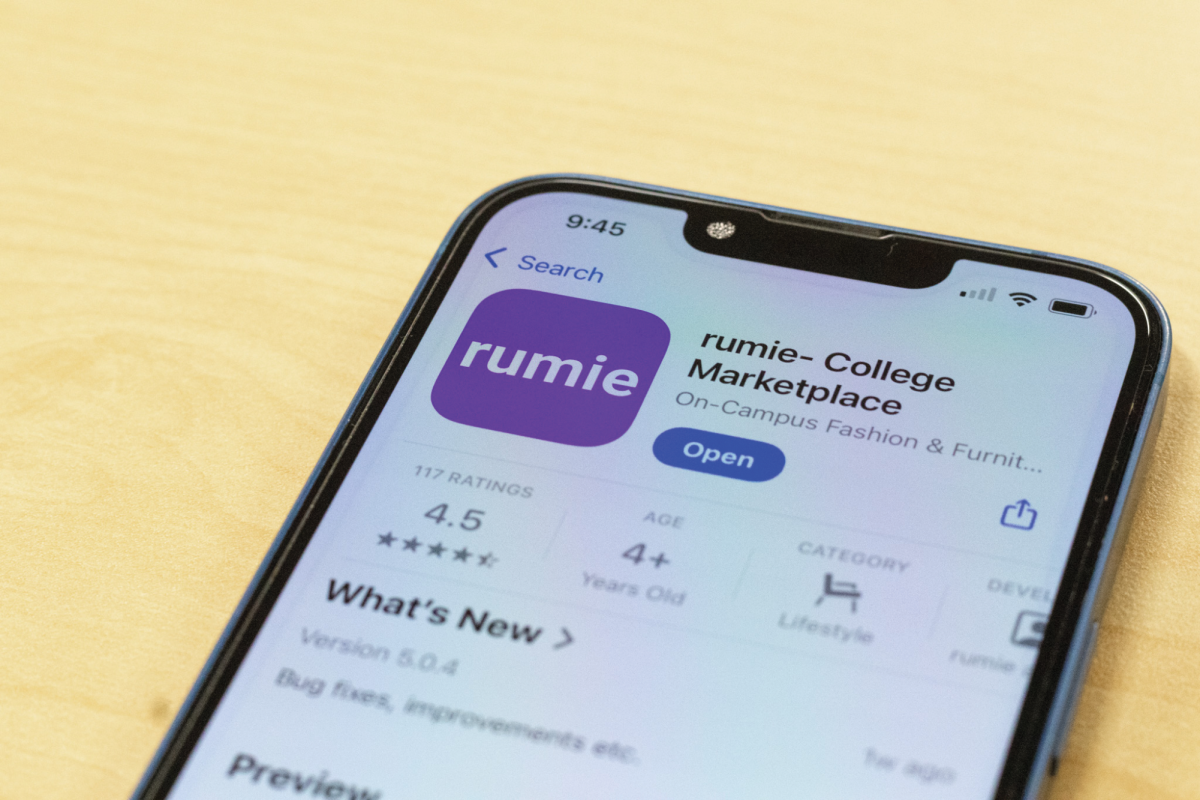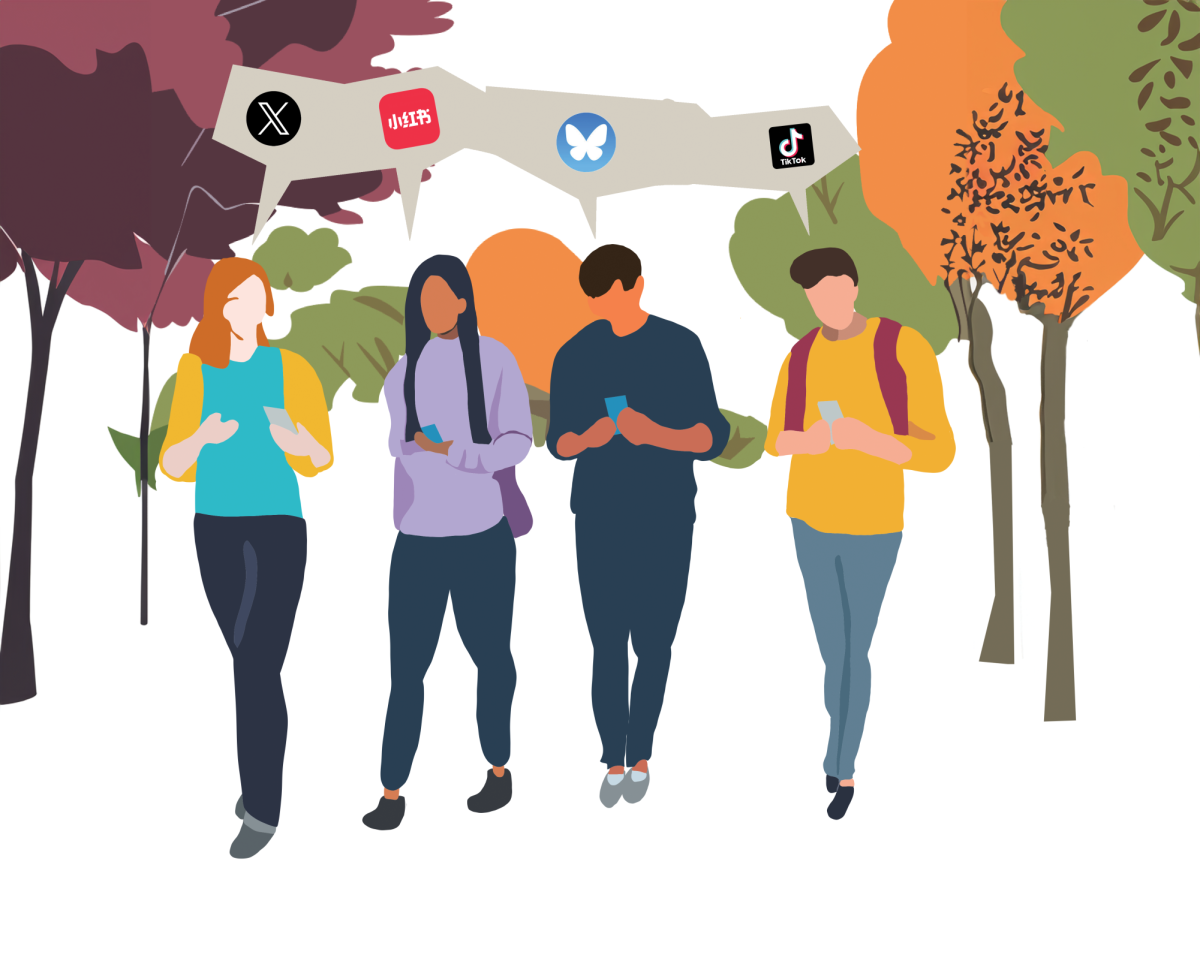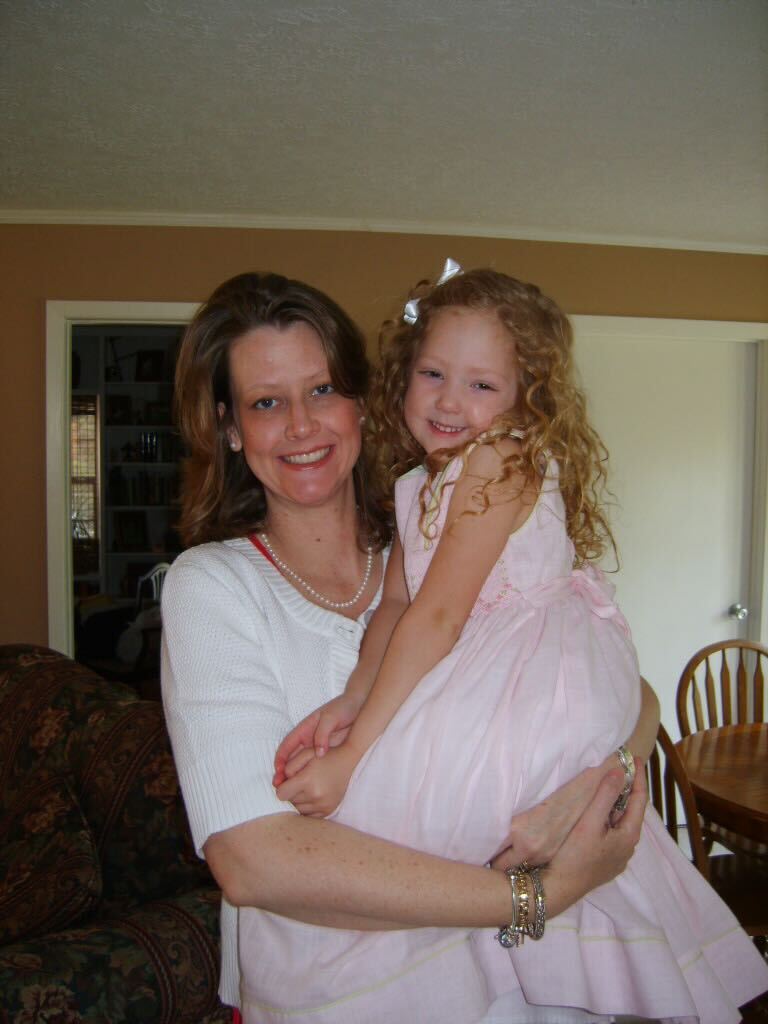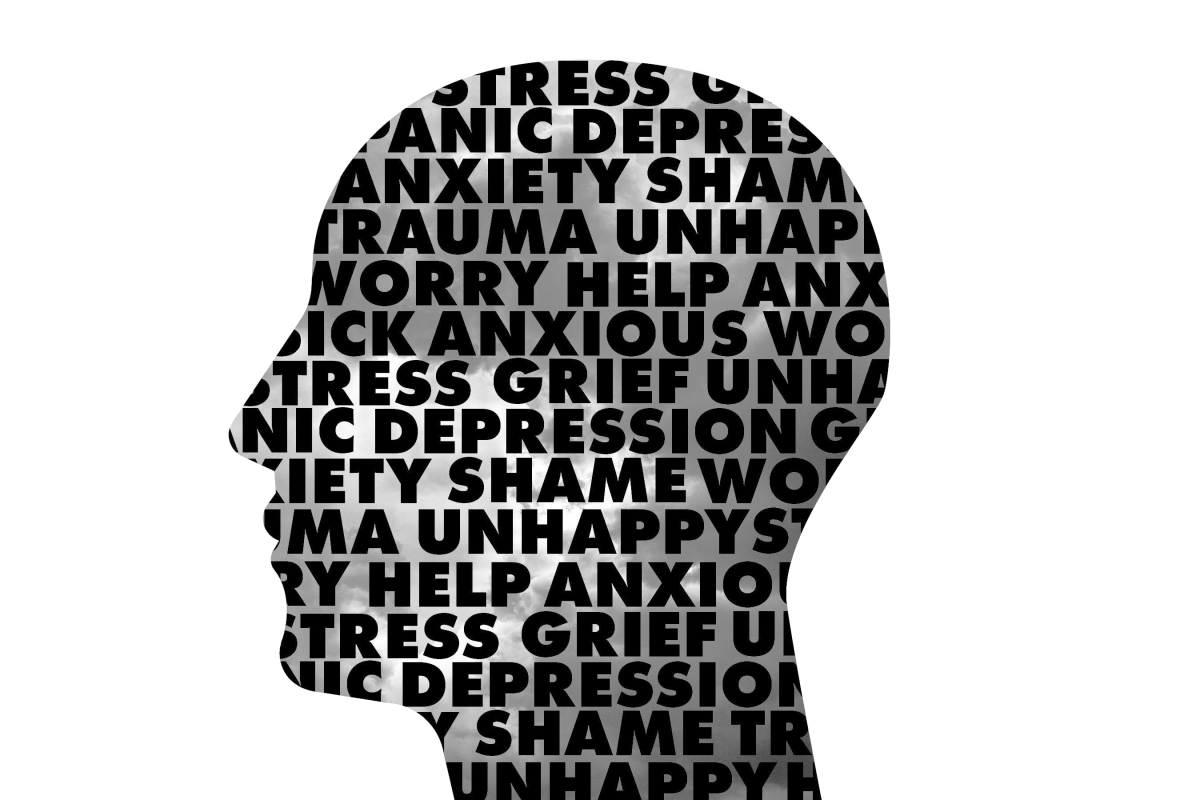Mental health problems are a common topic of conversation. These issues are condemned as being the cause of nearly all our ailments and at times, they are considered to be the only thing keeping us from reaching our potential.
I would argue that these issues are not the problem, but rather, the problem lies in our tendency to shy away from honest discussion about them.
With all of the happenings on campus, it can feel overwhelming to try to find someone to talk to if you are struggling. Mississippi State University is very fortunate, as we have our own Student Counseling Service program located on campus.
When you first access their website, they have everything laid out in an organized and extensive fashion that gives students many options to choose from when considering how to approach asking for help.
“The Counseling Center is staffed by licensed psychologists, licensed professional counselors, and social workers, as well as psychology and counselor education interns. The services offered at the Counseling Center are accredited by the International Association of Counseling Services,” according to the Student Counseling Services website.
Their website goes on to further detail some of the services offered, which include ”short-term individual counseling, group counseling, couples counseling, crisis intervention, referral services, as well as consultation for faculty and staff, family and friends of Mississippi State students.”
The best part about all of this is that the Student Counseling Service’s resources, physically located in Hathorn Hall, are completely free of charge for all eligible students and are completely confidential. This seems like a fantastic resource, right?
What if I told you that not nearly enough students are aware of these resources? Over the course of this past week, I polled a handful of students, asking them about their knowledge of MSU’s mental health resources.
Out of 50 students, 16% had no idea how to access the resources offered by Mississippi State, while 4% weren’t aware of any resources being offered. When that is put into perspective and a much larger group of students is considered, there is undoubtedly an unfortunately high number of students who are struggling with mental health concerns and are unaware that MSU offers them free resources.
The National Alliance on Mental Illness in Mississippi’s website puts the mental health crisis in no uncertain terms. “Rates of youth depression [across the US] increased from 8.5% in 2011 to 11.1% in 2014. Even with severe depression, 80% of youth are left with no or insufficient treatment.”
Scaled down to Mississippi, that number is closer to one in five adults, approximately 431,000 adults in the state of Mississippi. That is nine times the population of Biloxi. Less than half of those individuals sought care for their mental health struggles.
This has disastrous consequences. On average, “one person dies by suicide in the United States every eleven minutes,” according to the National Alliance on Mental Illness in Mississippi. They go on to elaborate that “In Mississippi, 421 lives were lost to suicide and 107,000 adults had thoughts of suicide in the last year.”
It can be incredibly difficult to take the first step towards addressing any mental health struggles one may be experiencing, which is why MSU’s new app has been making waves.
We are incredibly fortunate to have a university faculty and staff that cares for our well-being and encourages the success of every student on campus. They have seen these same statistics and are introducing a new app called Telus Health, which will be replacing MySSP.
I looked further into the app to give a more advanced insight into what it offers. For starters, the app is free. Once you download the app and select your school, you can see your ”quick options”—call, chat, explore, and feedback.
Upon looking into the chat option, this option is recommended for individuals not experiencing a crisis at that exact moment, but it instead offers a one-on-one confidential conversation with Student Support Advisors. You do have the option to call for assistance, and there are two numbers listed.
The app also has various “hubs”, including hubs for depression and anxiety. Each of these “hubs” has a variety of articles and resource options included.
Outside of these hubs, the app offers articles for students who may be struggling with bad habits, choosing a therapy source and fitness options perfect for hectic weeks.
All said, the app is a portable option that is viable for everyone and perfect for those who struggle with making those steps toward the Student Counseling Services building.
Most important in all of this is to remember that while a stigma around mental health does exist, you are not alone and there are plenty of people on campus who are invested in you, your well-being, your success, and your happiness. Taking that first step can be difficult, but doing so can be incredibly beneficial for you down the road.
Categories:
Students remain unaware of the university’s mental health resources
About the Contributor

Rose Doyle, Staff Writer
Rose Doyle is a sophomore history major. Rose is currently a staff writer for The Reflector.
0
Donate to The Reflector
Your donation will support the student journalists of Mississippi State University. Your contribution will allow us to purchase equipment and cover our annual website hosting costs.
More to Discover



















































































